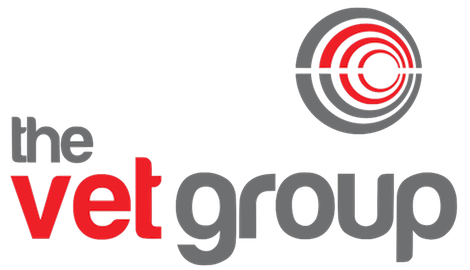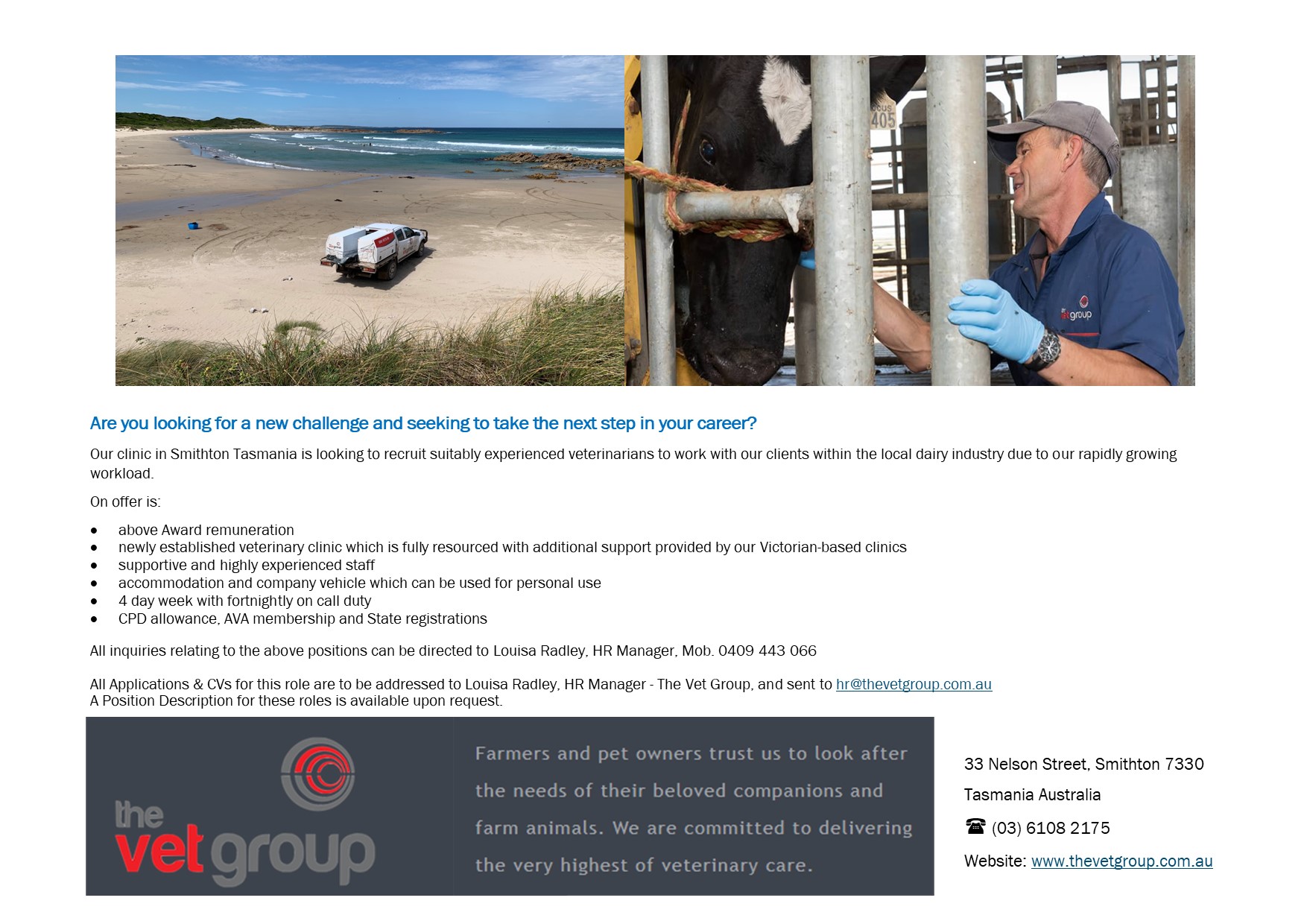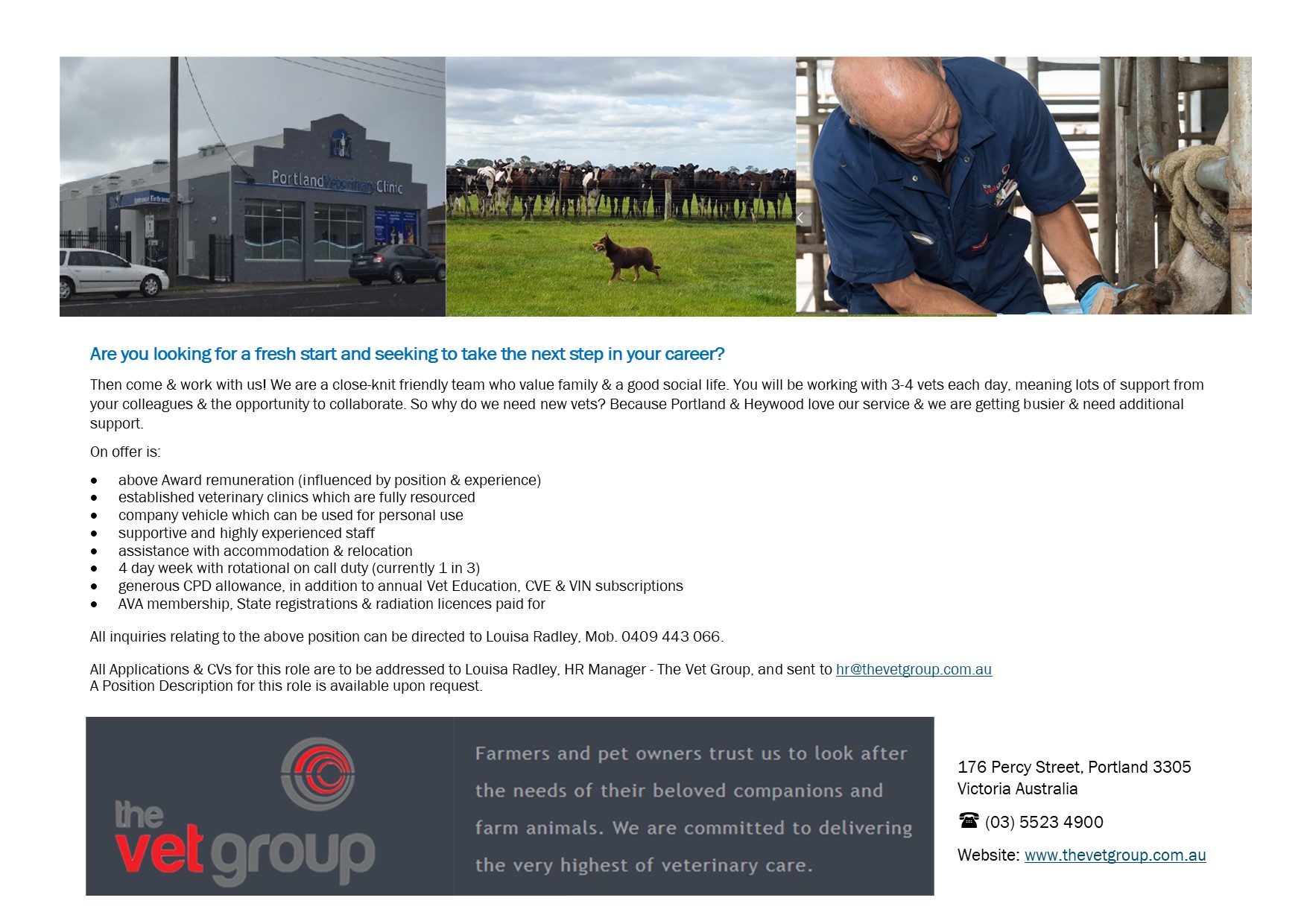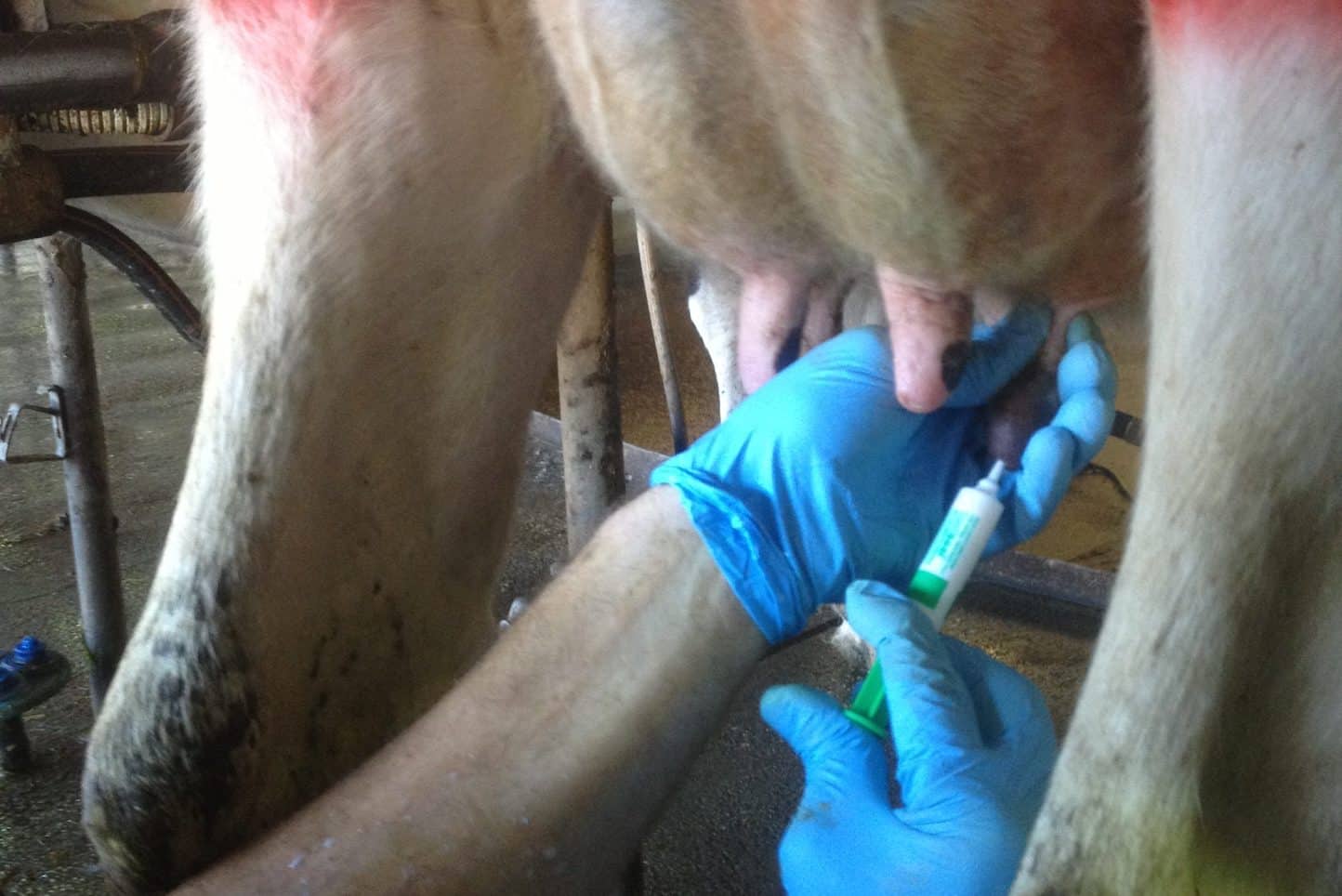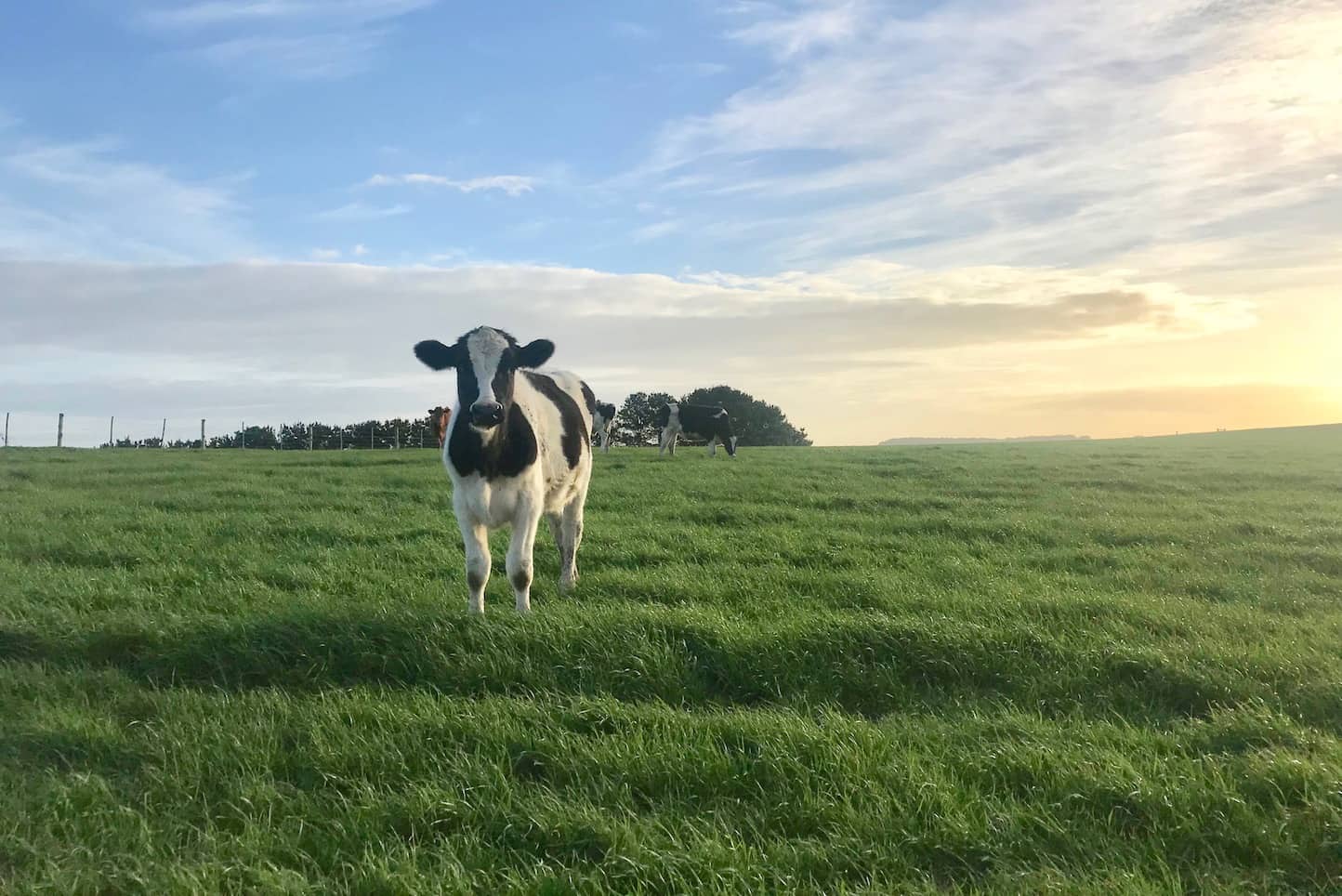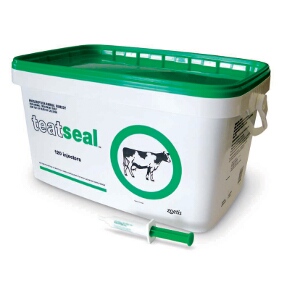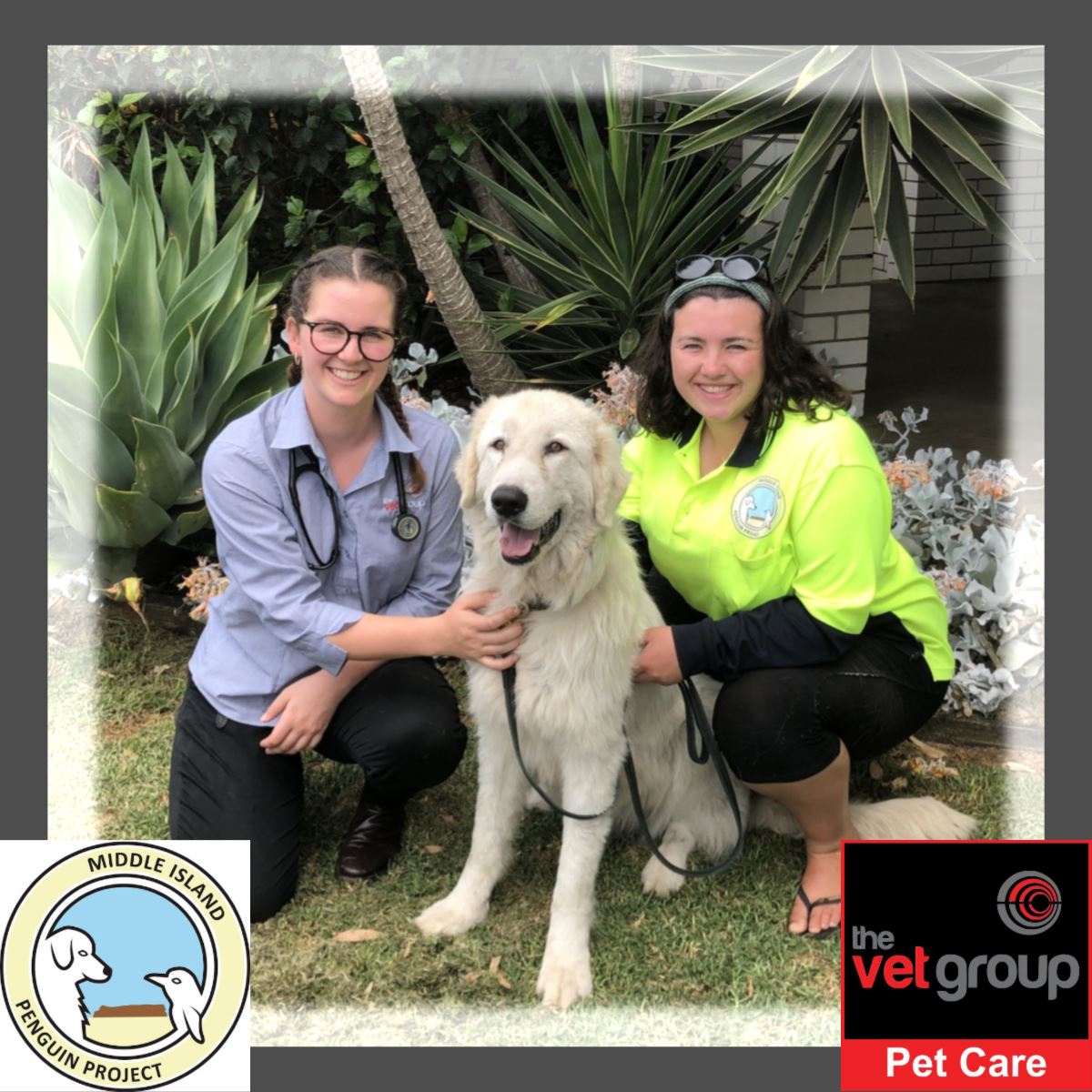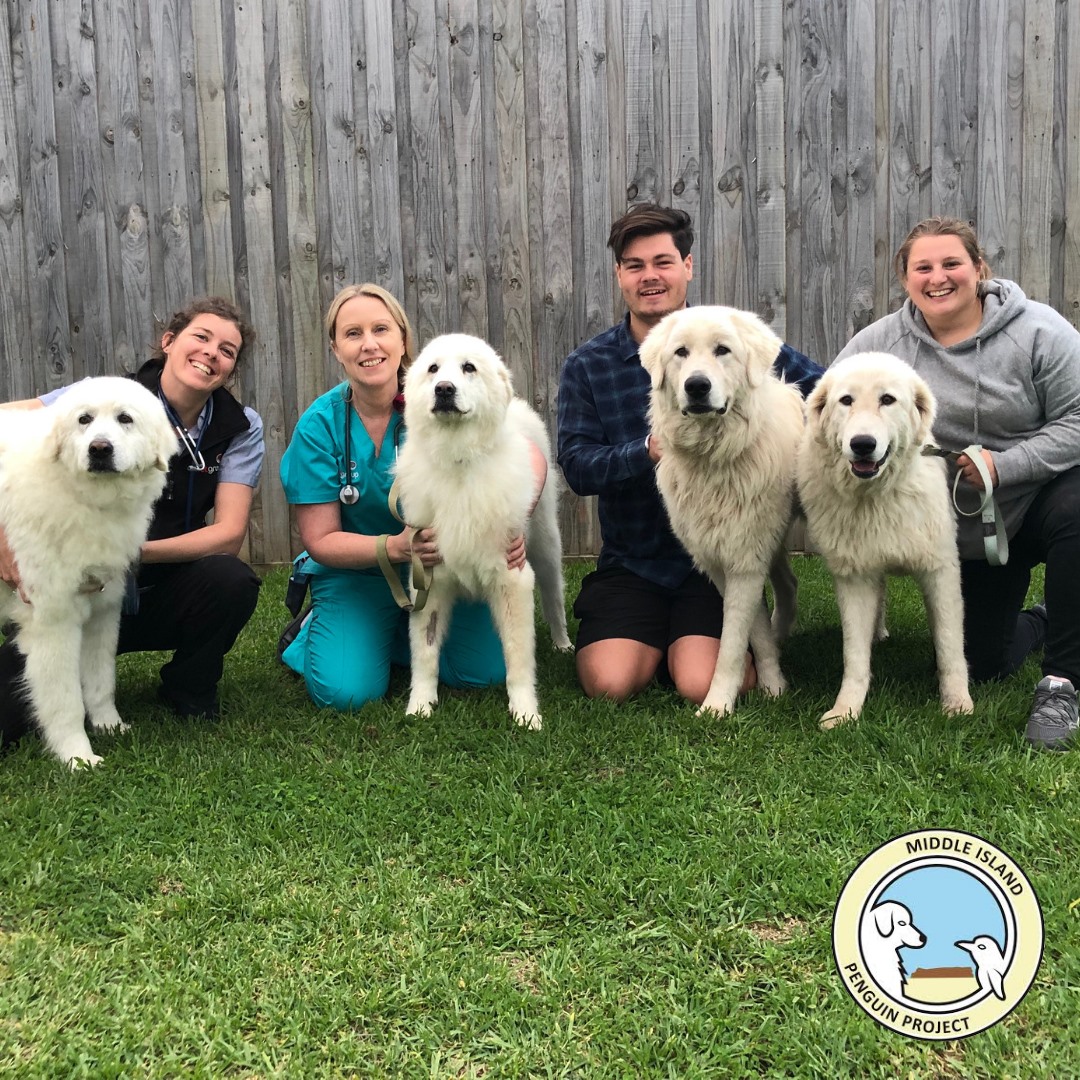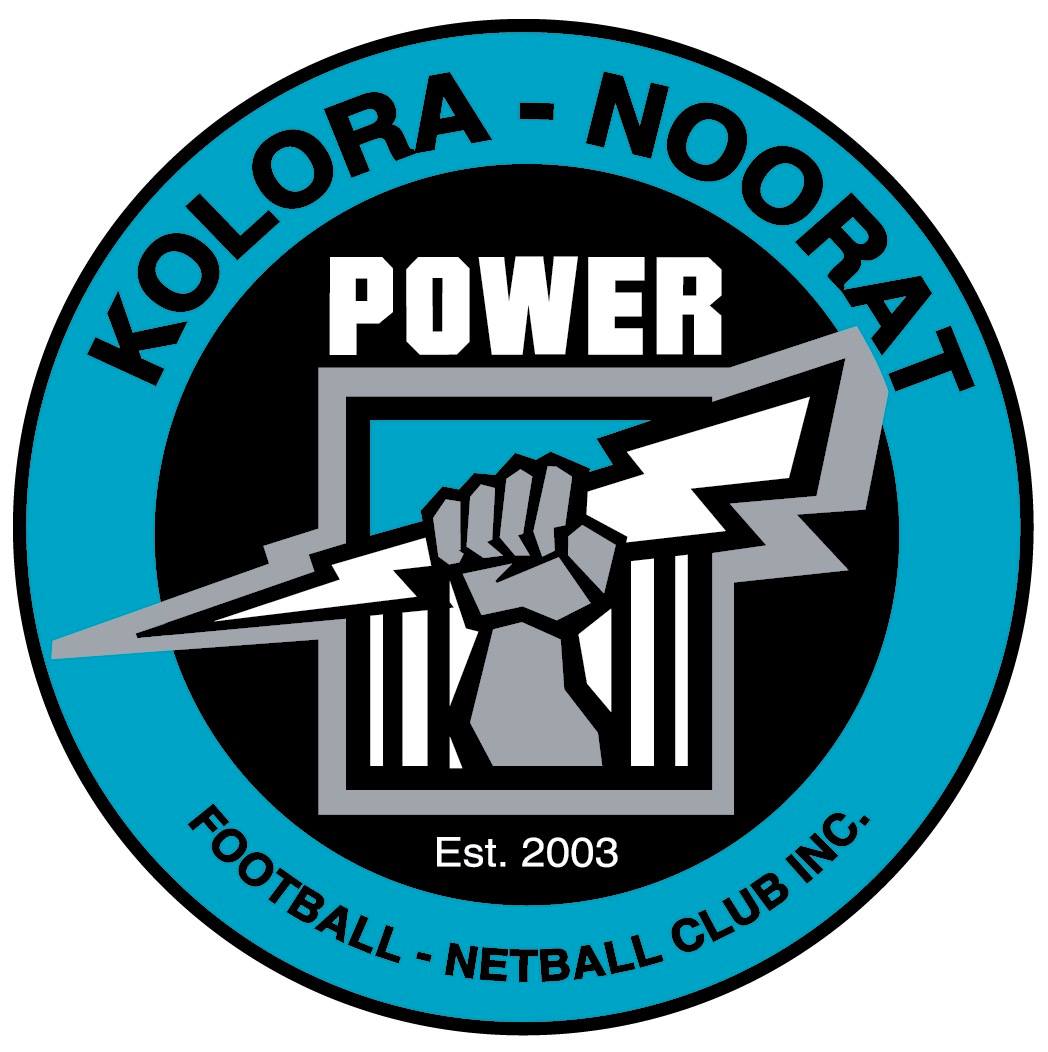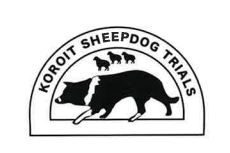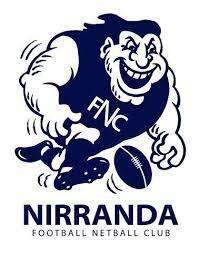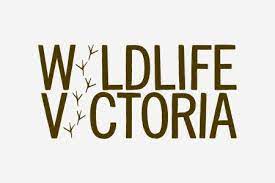Dr Tom Walsh
Calving has become a year round activity in our region which means it is more important than ever to make it a routine process rather than a stressful one. Having a good transition plan will go a long way to ensuring that the calving period will fit in with the work flow of the farm with as little disruption as possible. Cows need a high energy and moderate protein diet for 2-3 weeks before calving. To this end, there are some critical components that need to be planned for.
Available forage:
The forage diet needs to be high enough in energy and low enough NDF for it to be worth feeding. A feed test to determine the Dietary Cation Anion Difference (DCAD) of the available hay is recommended to ensure this aspect of the springer diet is as low as possible.
Legume hay and silages have the potential to be associated with high rates of milk fever and have no place in the springer paddock.
Pasture can be a useful source of forage for springers if limited to around 2 kg dry matter daily using a hot wire to control intake.
Good quality forage has been difficult to find this year. As a result, it is a challenge to supply enough energy to the cows. To some degree, this can be compensated for by increasing the amount of lead feed ─ it is possible to feed up to 5kg of lead feed in some circumstances. If you are looking at doing this ensure the lead feed is made up to allow for this level of feeding.
Access to lead feed:
Whether feeding in the dairy or in troughs in the paddock, there needs to be adequate feed space per cow. Cows need to be fed as if they are individuals rather than as a herd. This means having adequate access to feeders for the right length of time.
Lead feed:
Not all lead feeds have the same ability to stop cows from getting milk fever. The Vet Group stocks a loose mix lead feed, Kickstart, which has some anionic salts in it and more importantly, Biochlor. Biochlor is a by-product of the brewing process that has been produced through a commercially patented process of conjugating Chloride and Sulphur ions to a high quality high protein feed. The outcome is a low DCAD and a protein source that has the best mix of amino acids to stimulate optimum rumen fermentation. This in turn means less metabolic problems and better energy utilization through the calving period. Cows maintain appetites better and get onto feed post-calving quicker. Studies in Gippsland have shown that the outcome can be up to 4 litres peak production more than conventional lead feed products.
We can help
The Vet Group has a number of veterinarians with a specific interest and qualifications in nutrition and transition management. We believe Kickstart is the best product on the market to control metabolic disease in problematic or high producing herds.
Please call Farm Services on 1300 838 700 for more information.
